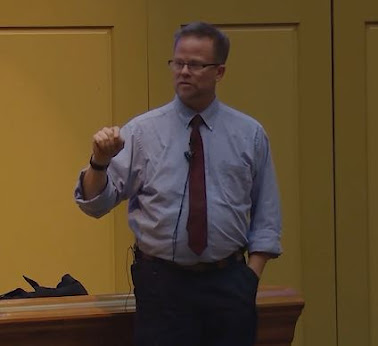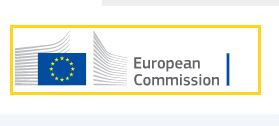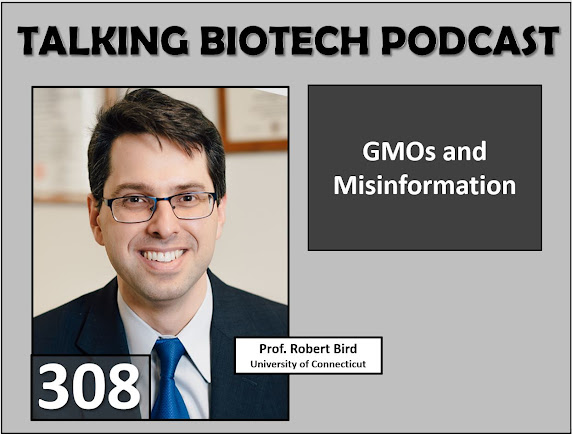Blackmailing Small Business

Thanks to my friend Freida for bringing this to my attention. I'm glad to discuss it here, so that others can understand that this is happening. It is extortion. According to Freida, Corner 17 Noodles and Bubble Tea is an exceptional small restaurant in St. Louis. They offer authentic Asian cuisine, and are apparently the "real deal" according to Freida. They were contacted by a social media personality that offered them the opportunity to be reviewed for a $100 food credit. The owners politely declined. A polite response from the owner didn't sit well with "influencer" Antonio Malik Self describing as an "influencer" suggests a certain level of confidence that you do in fact influence others. It also comes with a certain sense of entitlement that people actually care about what you do or give a damn what you think. In response to the owner's kind decline of the offer, Malik decided to write the review anyway. Apparently without actual...





